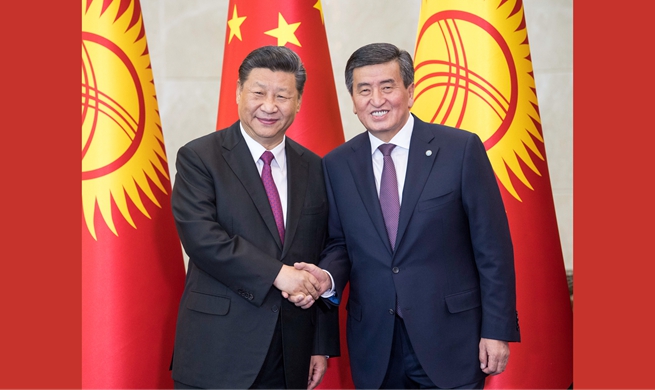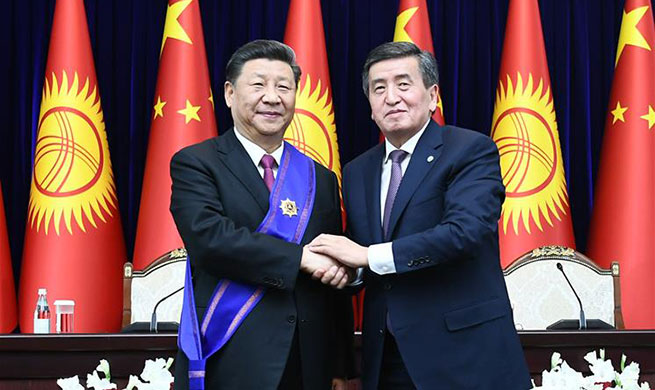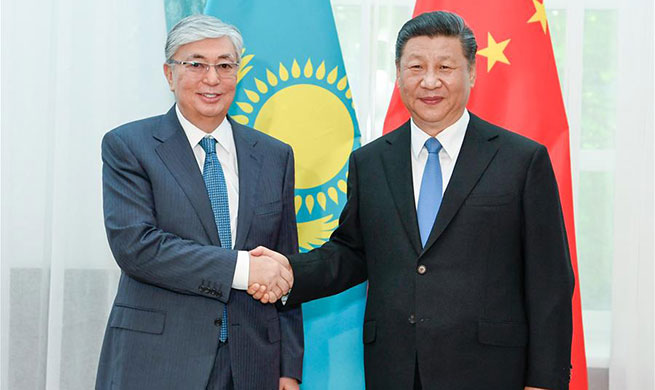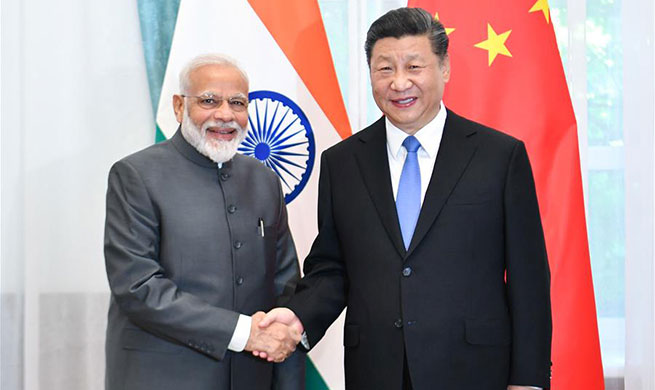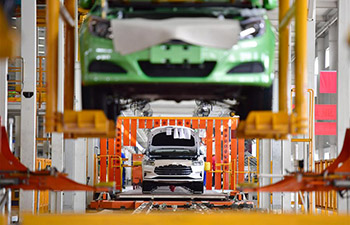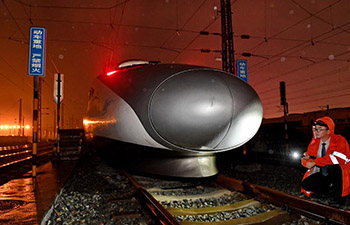NEW YORK, June 13 (Xinhua) -- The vicious approach by Washington on its trade issues with China could make the world's largest economy lose opportunities emerging from China's further opening up, a senior Chinese economist has said.
China and the United States have great potential for cooperation in trade, investment and financial services, especially in trade given their industrial complementarity, Xu Hongcai, deputy director of Economic Policy Commission with the China Association of Policy Science, told Xihua in a recent interview.
China is further opening up while the United States faces strong competition in service trade, said Xu, adding that if the United States can't seize the opportunity, it would lose it.
With regards to trade in goods, the United States threatened to block its export of high-tech products to China. Should Washington carry out the threat, it would end up losing the Chinese market share and development dividends to Germany, Japan and other developed economies, Xu warned.
In the latest flare-up of the U.S.-initiated trade frictions against China, Washington increased additional tariffs on 200 billion U.S. dollars worth of Chinese imports from 10 percent to 25 percent in May, and has threatened to impose tariffs of 25 percent on essentially all remaining Chinese goods sold to the United States -- valued at roughly 300 billion dollars -- which are not yet subject to extra duties.
In response, China raised additional tariffs on a range of U.S. imports on June 1.
The current U.S. approach on trade characterized by unilateralism and beggar-thy-neighbor policies is vicious and not conductive to fostering sound atmosphere for cooperation, said Xu.
It would be very dangerous if ongoing U.S.-China trade tensions go unchecked, he warned.
The economic interdependence between the United States and China has been formed in a historical process and the value chain can't be decoupled in a short term, said Xu.
Regarding U.S. trade imbalances with other countries, Xu suggested that Washington should rein in the excessive expansion of the financial sector and invest more in technological innovation, he said.
It also needs to encourage savings and reverse over-consumption as the U.S. trade deficit is largely the result of insufficient domestic savings and excessive consumption, Xu noted.






